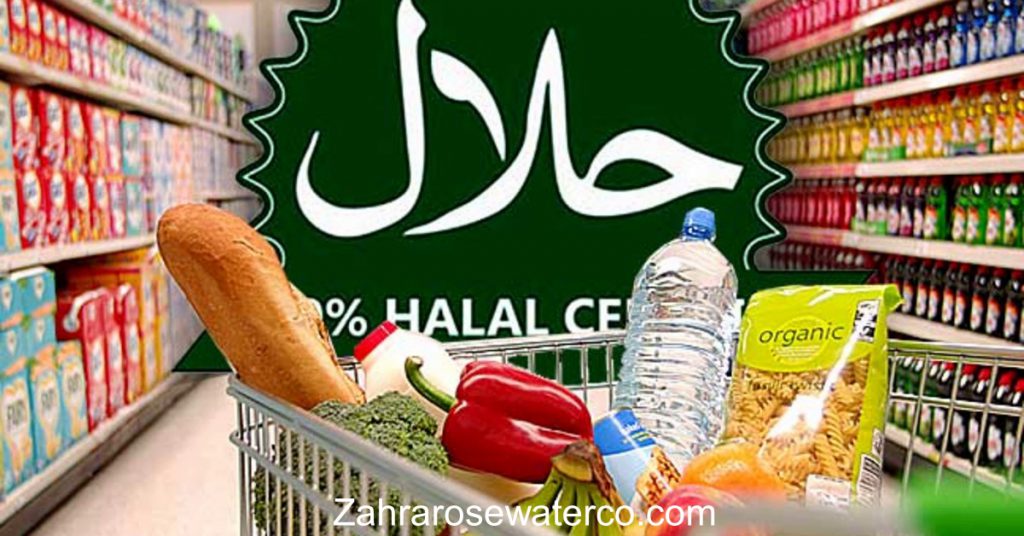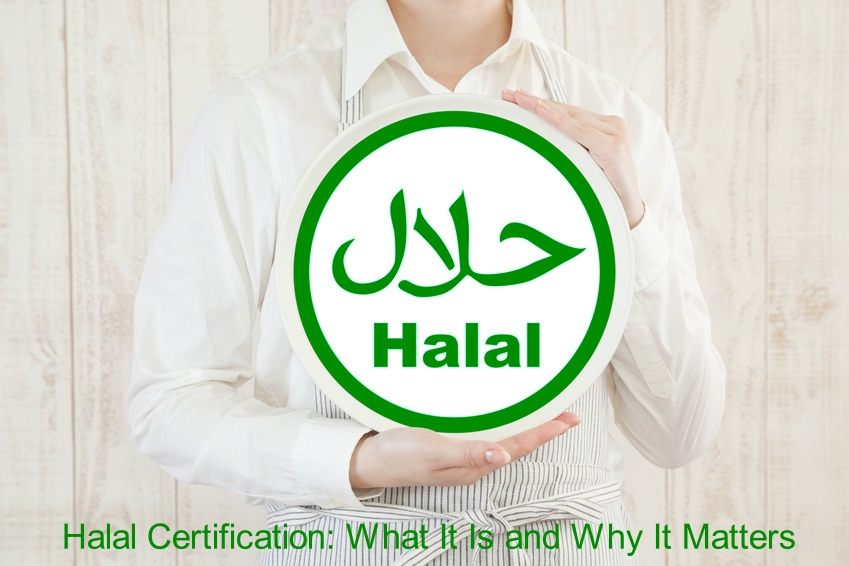If you’ve ever seen the term “halal” on a food label or in a restaurant menu, you may have wondered what it means. Halal is a term used in Islamic dietary law that refers to food that is permissible for Muslims to consume. Halal certification is a process that ensures that food and other products meet the standards of halal.
In this blog post, we’ll explore the basics of halal certification, including what it is, how it works, and why it matters.
What is Halal Certification?
Halal certification is a process by which food and other products are certified as being halal-compliant. This means that they meet the standards of Islamic dietary law, which prohibits the consumption of certain foods and requires that certain conditions be met for other foods to be considered halal.
Halal certification is typically carried out by a halal certification body (HCB), which is a third-party organization that has been accredited to provide halal certification services. The HCB will inspect the production processes of the manufacturer to ensure that the food is produced in a way that is consistent with Islamic dietary law.
How Does Halal Certification Work?
The halal certification process typically involves several steps, including:
- Application: The manufacturer or producer applies to a halal certification body for certification.
- Inspection: The HCB inspects the manufacturing facility and production processes to ensure that they are halal-compliant.
- Testing: Samples of the product are taken for testing to ensure that they meet the standards of Islamic dietary law.
- Certification: If the product meets the standards, the HCB issues a halal certification.
- Renewal: Halal certification is typically valid for a set period, after which it must be renewed.

Why Does Halal Certification Matter?
Halal certification is important for a number of reasons. First, it allows Muslims to identify products that are permissible for them to consume, which is an important consideration for the more than 1.8 billion Muslims worldwide.
Second, halal certification can help to ensure that food and other products are produced in a way that is ethical and sustainable. The halal certification process requires that the manufacturer comply with certain standards, such as using only halal ingredients and ensuring that the product is free from any contamination.
Finally, halal certification can also provide a competitive advantage for manufacturers and producers. By obtaining halal certification, they can tap into the growing market for halal products, which is expected to reach $2.5 trillion by 2024.
Conclusion
Halal certification is a process that ensures that food and other products meet the standards of Islamic dietary law. It is typically carried out by a halal certification body, which inspects the manufacturing processes and issues a halal certification if the product meets the standards.
Halal certification is important for several reasons, including allowing Muslims to identify products that are permissible for them to consume, ensuring that products are produced in an ethical and sustainable manner, and providing a competitive advantage for manufacturers and producers.


No comment